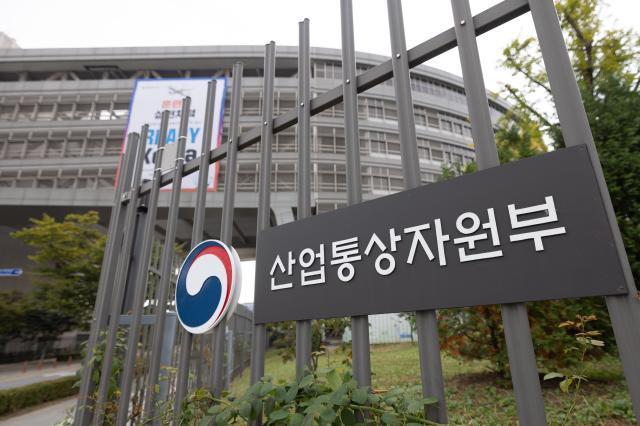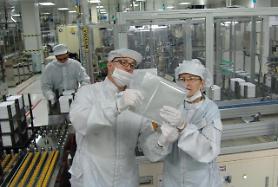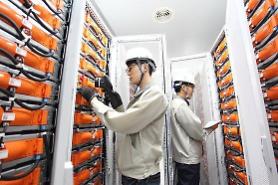
SEOUL, July 16 (AJP) - South Korea is intensifying efforts to establish industrial zones powered primarily by renewable energy, part of a broader strategy to align with international sustainability standards and accelerate the country's corporate energy transition.
On Wednesday, the Ministry of Trade, Industry and Energy convened the first meeting of a new task force at the Korea Chamber of Commerce and Industry in central Seoul.
The group, composed of senior officials from multiple ministries, is charged with drafting special legislation and crafting a development blueprint for what the government is calling “RE100 industrial complex," which will operate primarily on electricity from solar, wind, and other renewable sources.
Vice Minister Moon Shin-hak, who chaired the meeting, said the initiative reflects the urgency of preparing domestic industries for an era in which global supply chains are increasingly governed by sustainability standards.
“RE100 is becoming an essential requirement for export-oriented companies,” Moon said. “We must treat it not as a regulatory burden, but as an opportunity — using renewable energy to promote balanced regional development and advance our energy transition.”
The plan follows a senior aides’ meeting on July 10 led by President Lee Jae Myung, during which the RE100 complex project was identified as a national policy priority.
The term “RE100” refers to a global corporate initiative under which companies commit to sourcing 100 percent of their electricity from renewable sources by 2050.
As major multinational firms require their suppliers to comply with RE100 standards, South Korea sees the initiative not only as a matter of environmental policy but also of economic competitiveness.
The task force brings together representatives from the Office for Government Policy Coordination, the Ministry of Economy and Finance, the Ministry of Land, Infrastructure and Transport, the Ministry of Environment, and other key agencies.
Officials said they had agreed to coordinate efforts across several domains: developing renewable energy infrastructure, enhancing residential and educational conditions for workers and their families, and creating incentives for companies to relocate to the complexes.
Among the ideas discussed were sharp reductions in electricity rates, deregulated business environments, and the provision of high-quality housing, schools, and other amenities aimed at attracting top-tier talent and investment.
The task force is expected to meet biweekly, with the goal of presenting a finalized blueprint and legislative proposal by the end of the year.
Copyright ⓒ Aju Press All rights reserved.



